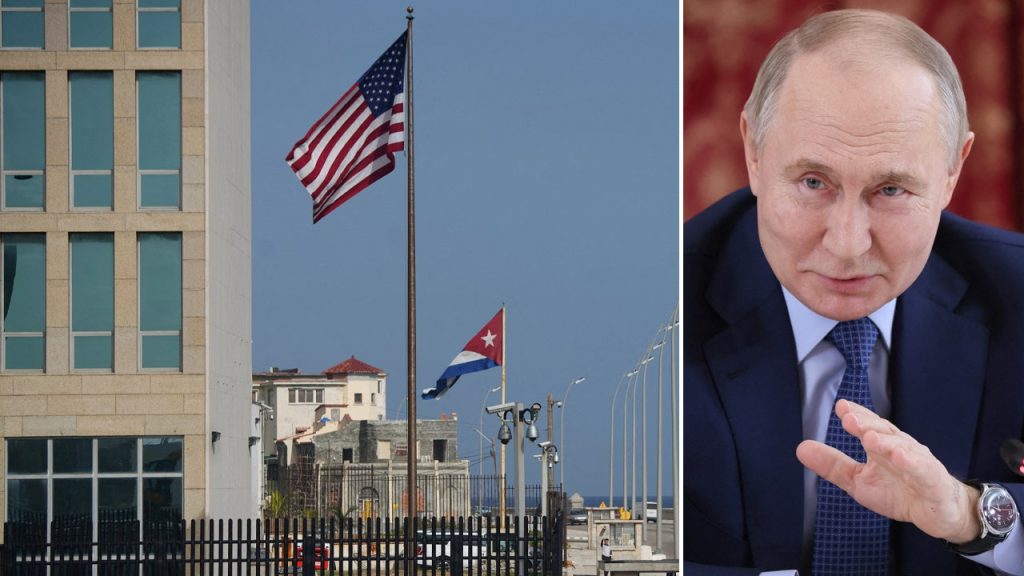The new report by CBS’s 60 Minutes, The Insider, and Der Spiegel provides evidence that U.S. government employees experiencing sudden neurological symptoms known as Havana Syndrome may have been targeted by Russia using directed energy weapons. Mark Zaid, a lawyer representing victims of Havana Syndrome, believes the U.S. is hesitant to blame Moscow due to the serious implications of such an attack. Despite a previous report ruling out foreign involvement, new evidence suggests a Russian connection to the attacks based on the experiences of FBI counterintelligence agent “Carrie” and the caliber of impacted officers.
Retired Lt. Col Greg Edgreen, who led the Pentagon’s investigation into Havana Syndrome, noted that the affected officers were among the top performers in the Defense Intelligence Agency and consistently had connections to Russia. The Pentagon confirmed a senior official sought medical treatment for Havana Syndrome symptoms, indicating the severity of the issue. Evidence linking the attacks to Russian military intelligence unit GRU 29155, responsible for previous assassination attempts, further strengthens the case against Moscow.
The new evidence includes specific information on Russian individuals captured in the U.S. and their presence near attack sites worldwide. Victims like Adam, believed to be Patient Zero, expressed relief at the revelation of receipts linking the attacks to GRU 29155 and public comments by Russian officials on the development of directed energy weapons. For years, victims felt unsupported by their agencies, but recent developments have shed light on the true nature of the attacks and the involvement of Russia.
Government officials have indicated a commitment to investigating Havana Syndrome, despite initial conclusions ruling out foreign adversaries as responsible for the incidents. The Office of the Director of National Intelligence (ODNI) remains open to new evidence and acknowledges the real experiences and symptoms reported by victims and their families. The persistence of technological malfunctions and the impact on victims’ pets further underscores the deliberate nature of the attacks using targeted energy waves.
The implications of Russian involvement in Havana Syndrome are grave, with victims experiencing debilitating symptoms and long-term effects from the attacks. The targeting of high-performing officers and diplomatic staff suggests a deliberate effort to neutralize U.S. intelligence and diplomatic capabilities. Efforts to uncover evidence linking these attacks to Russian military intelligence units highlight the seriousness of the situation and the need for a comprehensive response from the U.S. government.
In conclusion, the new report on Havana Syndrome sheds light on the potential Russian involvement in the attacks and the need for a thorough investigation to identify the perpetrators and hold them accountable. The testimonies of victims, along with evidence linking the attacks to Russian military units, provide a compelling case for reevaluating the initial findings and pursuing further inquiries into the source of the directed energy weapons used in the attacks. The continued support for victims and efforts to uncover new evidence demonstrate a commitment to addressing this issue and preventing future attacks on U.S. government personnel.


